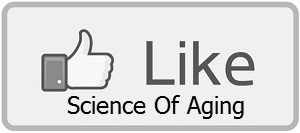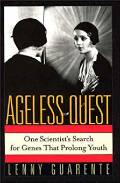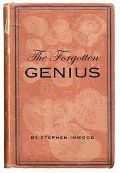Robert Remak Identifies the Cell Membrane in Cell Division
 Who:Robert Remak
Who:Robert RemakWhen:January 01, 1855
Why: To discover how cells originate
Methods: By creating a chemical hardening agent which allowed him to observe how the membrane divided the cell
Institution: University of Berlin
Where: Berlin, Germany
Funding: Self-Funded
Technology: Chemical hardening agent, Microscope
 |
| Robert Remak. |
Robert Remak (1815-1865) was born in Poznań, Poland, where he lived for 18 years before attending the University of Berlin to study medicine. After graduating, Remak accepted a position as assistant to Johannes Peter M�ller. The University of Berlin could not escape anti-Semitic pressures of the time, and Remak, a Polish Jew, did not receive pay for his work in M�ller's lab.2
Working as a private physician to pay the bills, Remak set out to prove that cells originate from division. His idea was to stain or harden the cell membrane and thus be able to see the cell divide. Remak experimented with many chemicals before finding that a mixture of copper sulfate, vinegar, and alcohol worked to solidify the cell membrane.1,2
 |
| -Remak's view of cell division.3 |
As a result, Remak substantiated the existence of the cell membrane, while proving that at least some cells originated via division from prior cells. Remak, felt that all cells originated by division, and theorized cell division caused the spread of pathological tissue (like tumors).1,2 He writes:
These findings are as relevant to pathology as they are to physiology...I make bold to assert that pathological tissues are not, any more than normal tissues, formed in an extracellular cytoblastem(spontaneously), but are the progeny or products of normal tissues in the organism.
The statement made a bold and direct denial of Schwann's physio-chemical theory, but went unnoticed. Remak had divined one of the greatest thoughts of medicine and cell theory, only to be left shouting into a void. It would take someone with political savvy, command of science, and courage to stand beside Remak and popularize his ideas into the establishment.
References
- Otis, Laura. M�llers lab Oxford University Press US, 2007
- Henry, Harris. The Birth Of the Cell. Connecticut and London: Yale University Press, 2001
- Wilson, Edmund B. The Cell in Development and Inheritance London: Macmillan, 1897




